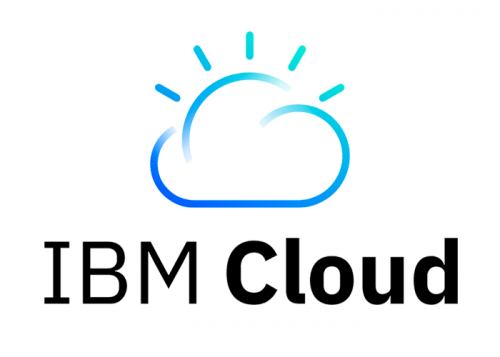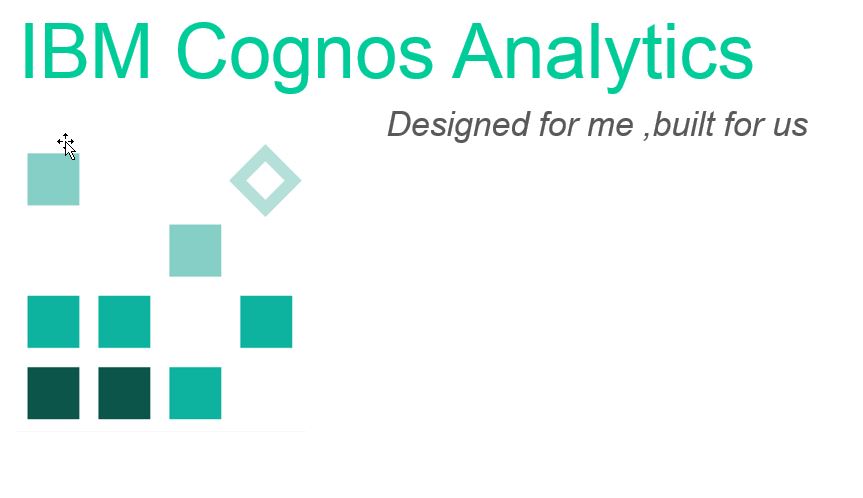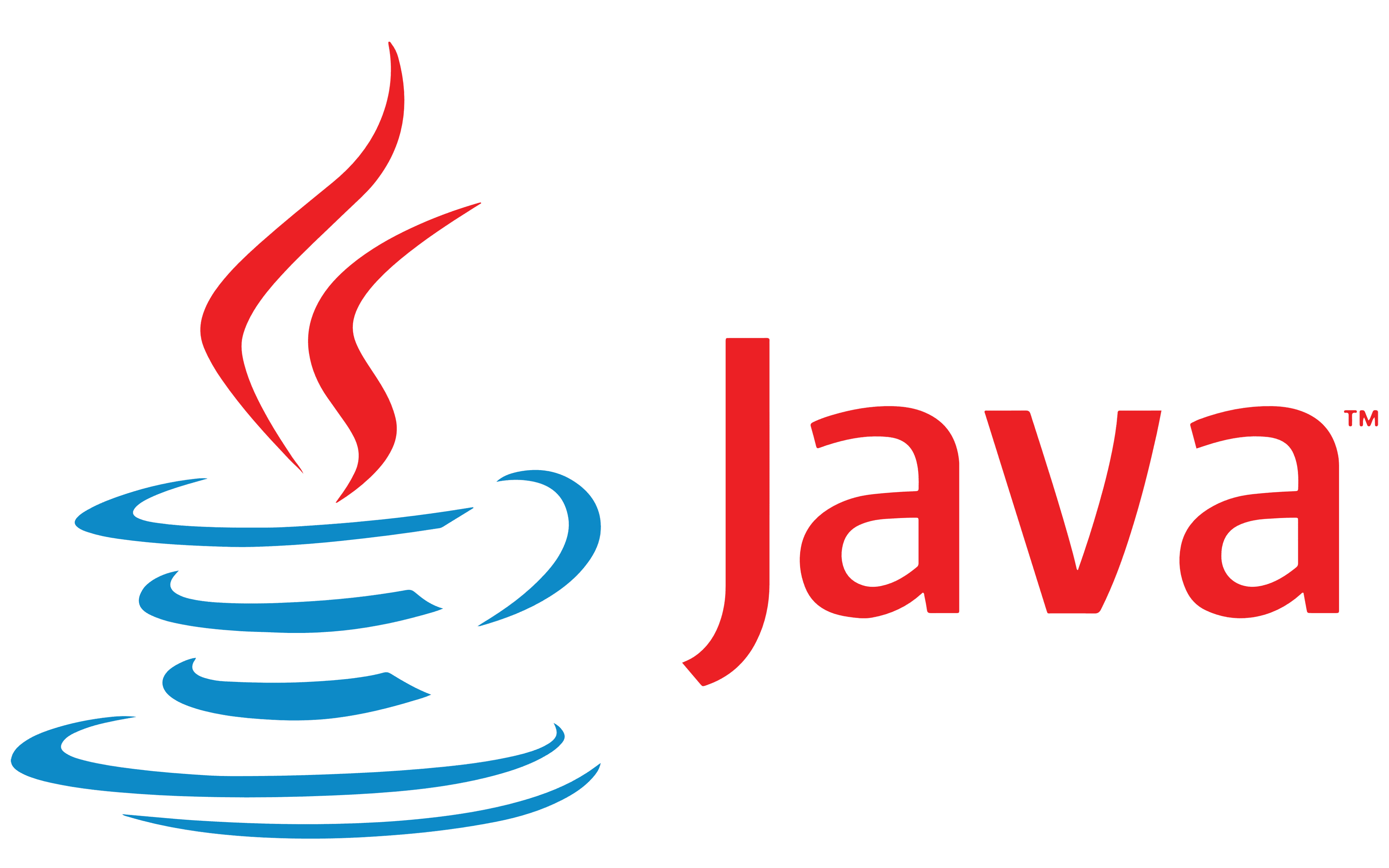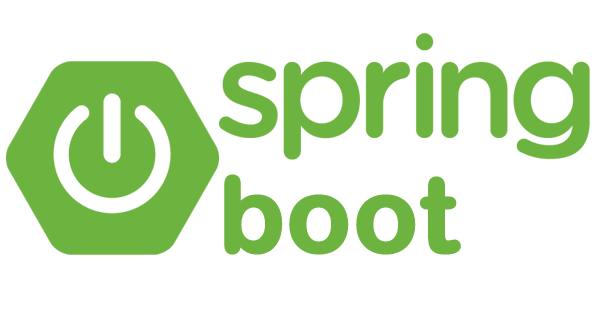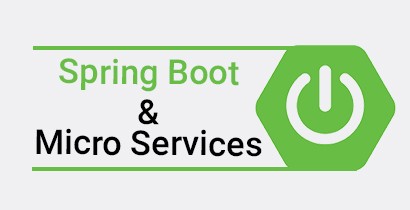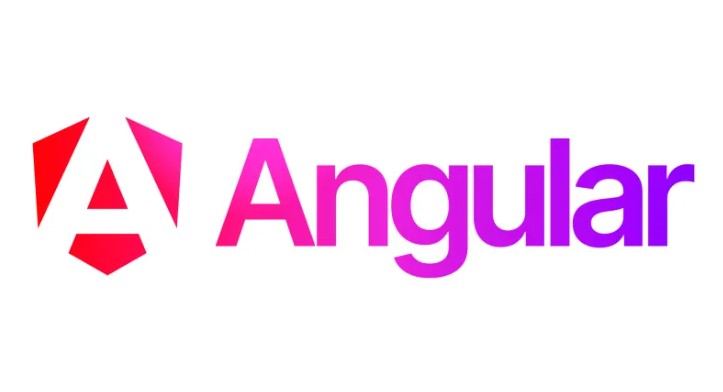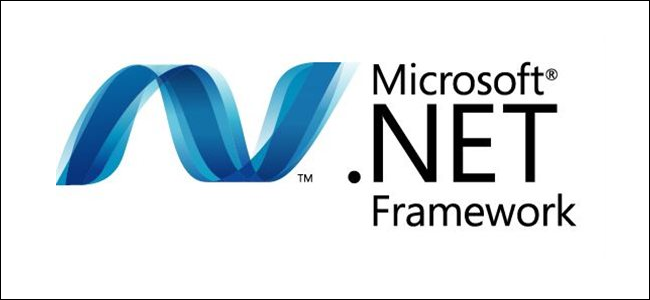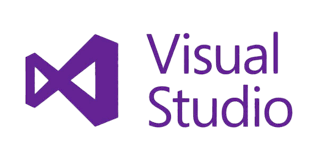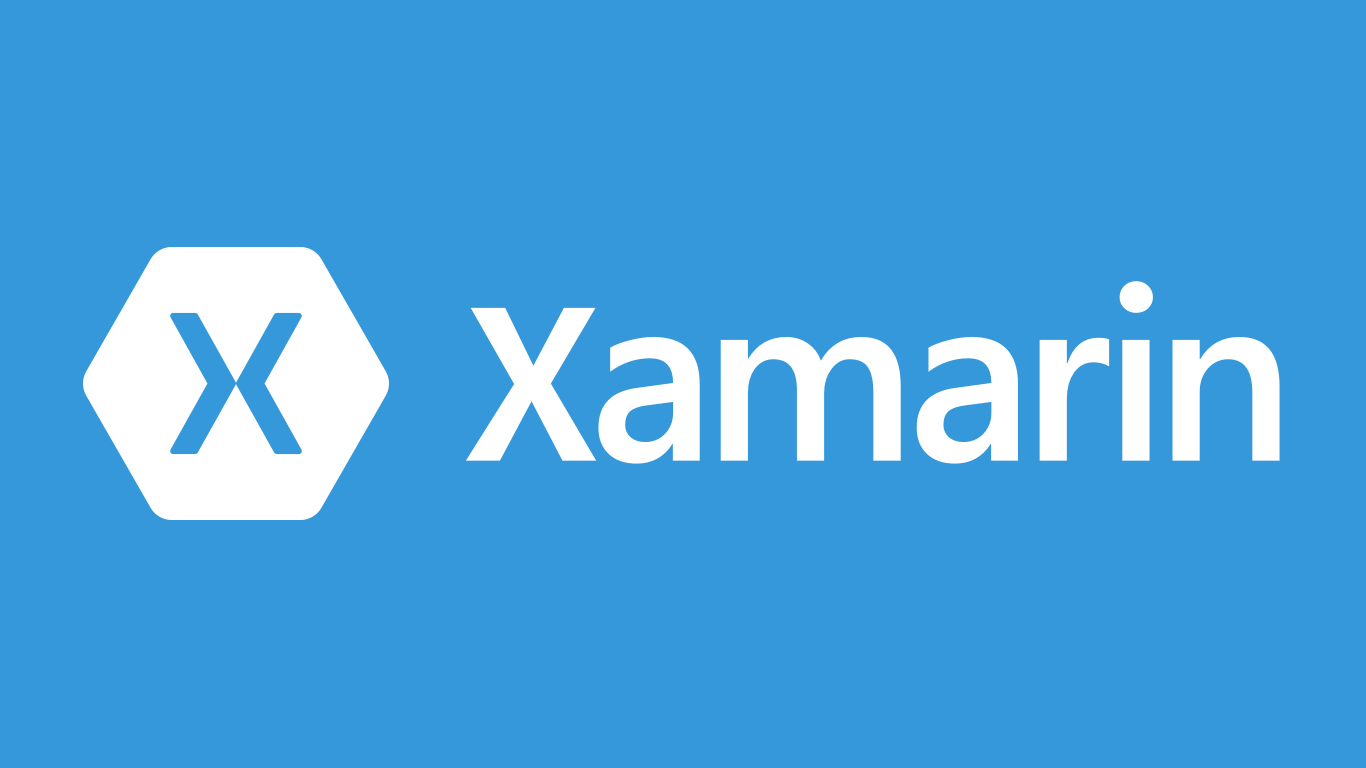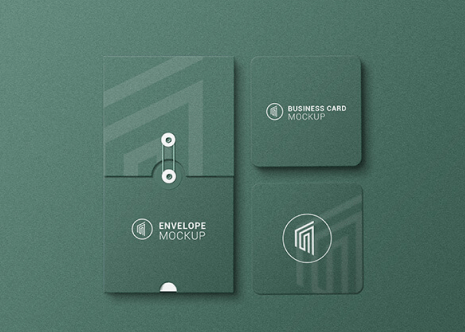Services We Offer
With years of experience and a team of highly skilled professionals, we offer a comprehensive range of IT consulting services tailored to meet the unique needs of each client. From IT strategy and planning to cybersecurity, cloud services, data analytics, and custom IT solutions, we have the expertise and capabilities to deliver innovative solutions that drive business success. At Your IT Consulting Services, we are committed to excellence, integrity, and customer satisfaction. We work closely with our clients to understand their goals, challenges, and priorities, and collaborate with them to develop and implement the best solutions for their business. Whether you are a small start-up or a large enterprise, we can help you harness the power of technology to unlock new opportunities, improve efficiency, and stay ahead of the competition. Contact us today to learn more about how we can help your business thrive in the digital age.

Managed IT Services
Proactive monitoring, maintenance, and support to keep your IT systems running smoothly.

Software Development
Custom software development, application integration, and legacy system modernization.

IT Support
Helpdesk support, troubleshooting, and remote assistance for end-users.

Consulting
IT Consulting provides expert advice, strategies, and solutions to businesses for optimizing their IT infrastructure, security, and digital transformation. IT consultants help organizations leverage technology to improve efficiency, reduce costs, and enhance overall business performance.

IT Security
Strategies, technologies, and policies used to protect digital systems, networks, and data from cyber threats. It aims to safeguard information from unauthorized access, cyberattacks, and data breaches.

Data Secuity
A practices and technologies used to protect digital information from unauthorized access, corruption, or theft. It ensures data confidentiality, integrity, and availability








